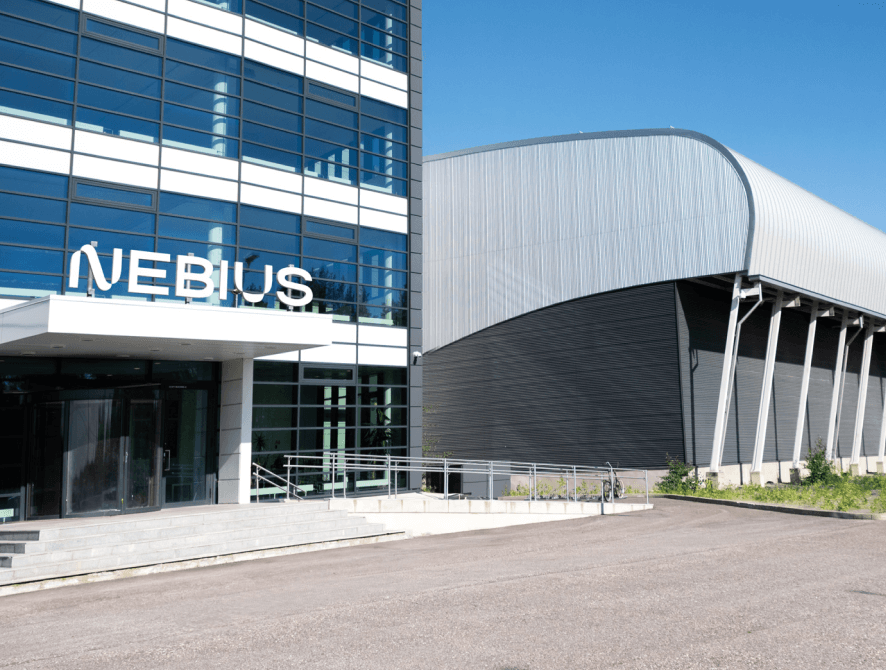On October 21, a new symbol appeared on Nasdaq: NBIS, representing Nebius, a rising player in the AI cloud infrastructure space. Unlike the typical startup journey, Nebius' return to the market was far from dramatic. There were no flashy IPO events—just a subtle reintroduction after a significant break.
Nebius’ path to the public eye is tied to its past as Yandex N.V., a company originally listed in 2011 as the Dutch holding arm of the Russian tech giant Yandex, often referred to as the “Google of Russia.” However, after the geopolitical upheaval following Russia’s invasion of Ukraine, Yandex’s shares were halted by Nasdaq in February 2022, and the company’s business began a major restructuring. Yandex’s Russian assets were sold off, leaving behind a focused operation centered on AI cloud services, with its new name, Nebius AI, reflecting this shift.
At the helm of Nebius is Arkady Volozh, Yandex’s co-founder and former CEO, who navigated a complex course to return to the market. Nebius now operates as a startup specializing in offering GPU-based cloud infrastructure, providing "as-a-service" solutions to companies needing processing power for tasks like machine learning model execution. This positioning places Nebius in direct competition with hyperscalers like Amazon Web Services, as well as other fast-growing cloud startups such as CoreWeave.
Despite this rocky re-entry to the public market, Nebius' valuation has stabilized at around $3.5 billion to $4.75 billion, down significantly from its previous peak of $18 billion in early 2022. Nevertheless, Volozh remains optimistic. He believes the market’s response, though volatile, shows that investors see long-term value in Nebius' infrastructure-focused business model.
For Nebius, the AI cloud market remains its primary revenue generator, making up two-thirds of the company’s earnings. But this is only part of the broader Nebius vision, which includes several other ventures under its corporate umbrella. One key area is Avride, an autonomous vehicle company based in Texas, which evolved from Yandex’s self-driving division. Avride recently announced a multiyear partnership with Uber to integrate its delivery robots into the Uber Eats platform in Austin. In the future, Avride also plans to bring its self-driving vehicles to the Uber network, posing significant competition to established players like Waymo.
Alongside Avride, Nebius also operates Toloka, a platform specializing in data labeling for large language models (LLMs), and TripleTen, an edtech company offering coding bootcamps aimed at transitioning individuals into the tech workforce. While these ventures differ in focus, they are all tied to Nebius’ overarching strategy of providing comprehensive services to AI-driven companies.
Nebius’ AI cloud platform continues to evolve, with recent expansions of its GPU infrastructure across Europe and North America. The company now operates a fully owned data center in Finland, with plans to triple its capacity. In addition, Nebius is establishing new data clusters in locations like Paris and Kansas City, the latter scheduled to go live in early 2025.
This hybrid strategy, combining self-owned and co-located data centers, will help Nebius meet the ever-growing demand for compute power while reducing latency by positioning resources closer to customers. Looking ahead, Nebius has ambitious plans to further scale its data center capacity and expand its footprint across key global markets, including the U.S. and Europe.
For now, while the market continues to adjust to Nebius’ new positioning, the startup’s ability to navigate the complexities of the AI cloud space, coupled with its strategic investments in autonomous vehicles and tech education, signals its potential for long-term growth in an industry poised for explosive expansion.
TECHCRUNCH
Read More






 Thursday, 12-02-26
Thursday, 12-02-26







